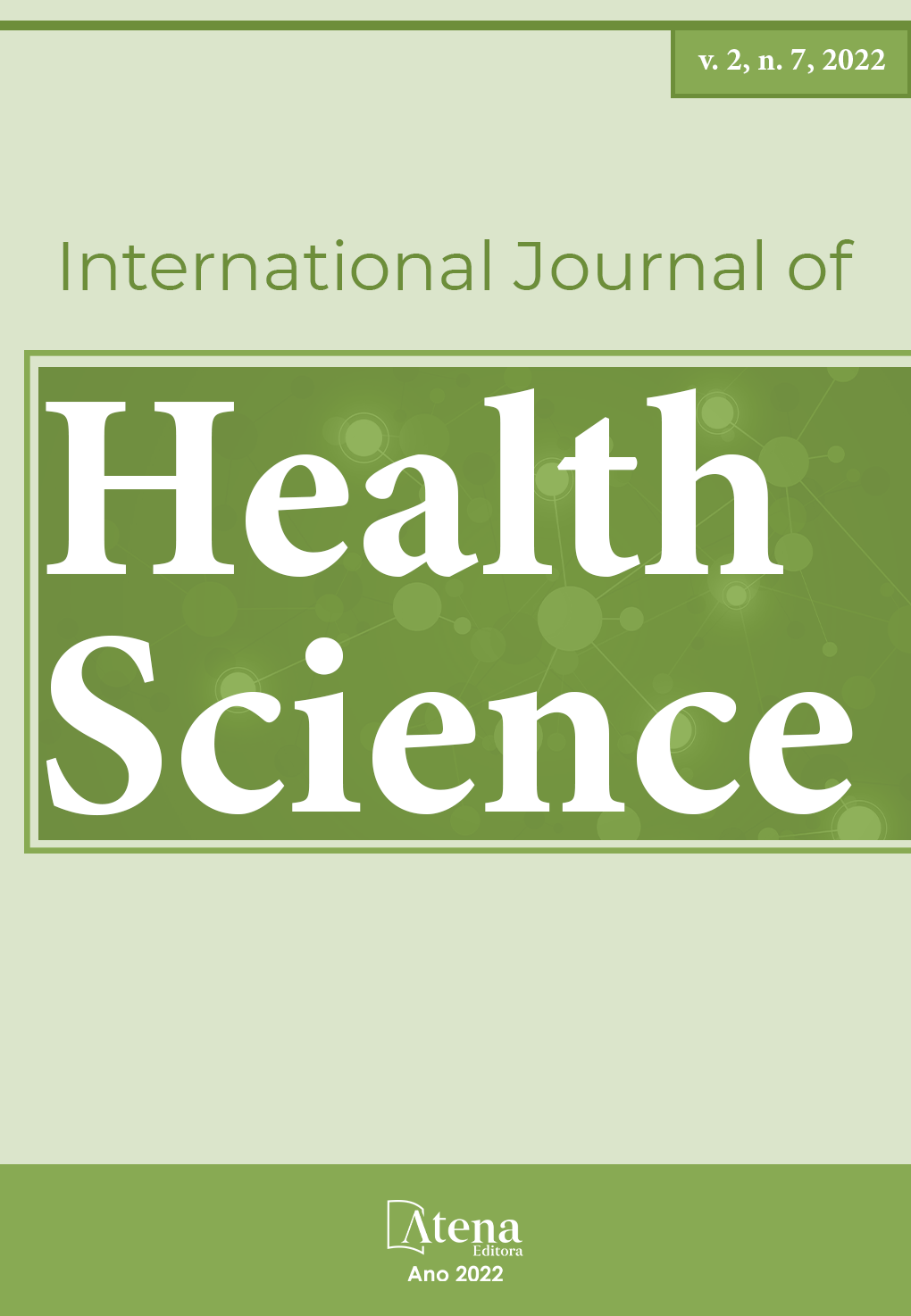
PALLIATIVE CARE IN INTENSIVE CARE UNIT: ANALYSIS OF ONCOLOGICAL PATIENTS PROFILE
Introduction: With an increase in the incidence of cancer, there is greater experience in the management of cancer patients in the ICU. Despite scientific advances, this admission is associated with a worse prognosis. At the same time, there is benefit from the integrated assessment of the palliative team for symptom control and quality of life.
Methods: This is an observational, retrospective and descriptive study. The profile of cancer patients admitted to the ICU was analyzed between 2015 and 2017, followed up with a palliative care team, and changes in conduct and outcomes were evaluated. Access to medical records and processing of data registered with the IBCC/São Camilo Oncology CEP, approved under Opinion Number 2,752,245.
Results: There were a total of 67 medical records, predominantly female, mean age of 61.6 years. The most prevalent cancer was breast, followed by ovary and head and neck. Metastatic disease corresponded to 86.6% of the cases. The main reason for hospitalization was sepsis and the justification for integrated monitoring was the prioritization of comfort measures. Changes made were adjustment of analgesia, sedation, reduction of hydration and diet, de-escalation of antibiotic therapy and family support. Among the patients, 67.2% received chemotherapy, of these 9%, in the last 14 days of life. Mean length of stay of 14.7 days, interval between admission and start of integrated follow-up was 9.2 days. Regarding the outcomes, 34.3% of the patients were discharged to the ward and 65.7% died. The Mann-Whitney test was used for comparative analysis with a mean of 6 days for discharge and 5.1 days for death, without statistical significance.
Conclusion: Cancer patients were admitted to the ICU for acute complications and received the recommended treatment, the presence of metastasis not being a limiting factor. Patients who evolve with poor prognosis criteria, it is suggested to evaluate the palliative care team to better control symptoms and add criteria for therapeutic programming in order to avoid futile measures of prolonging life.
PALLIATIVE CARE IN INTENSIVE CARE UNIT: ANALYSIS OF ONCOLOGICAL PATIENTS PROFILE
-
DOI: 10.22533/at.ed.159272213023
-
Palavras-chave: Palliative care, intensive care unit, cancer patients.
-
Keywords: Palliative care, intensive care unit, cancer patients.
-
Abstract:
Introduction: With an increase in the incidence of cancer, there is greater experience in the management of cancer patients in the ICU. Despite scientific advances, this admission is associated with a worse prognosis. At the same time, there is benefit from the integrated assessment of the palliative team for symptom control and quality of life.
Methods: This is an observational, retrospective and descriptive study. The profile of cancer patients admitted to the ICU was analyzed between 2015 and 2017, followed up with a palliative care team, and changes in conduct and outcomes were evaluated. Access to medical records and processing of data registered with the IBCC/São Camilo Oncology CEP, approved under Opinion Number 2,752,245.
Results: There were a total of 67 medical records, predominantly female, mean age of 61.6 years. The most prevalent cancer was breast, followed by ovary and head and neck. Metastatic disease corresponded to 86.6% of the cases. The main reason for hospitalization was sepsis and the justification for integrated monitoring was the prioritization of comfort measures. Changes made were adjustment of analgesia, sedation, reduction of hydration and diet, de-escalation of antibiotic therapy and family support. Among the patients, 67.2% received chemotherapy, of these 9%, in the last 14 days of life. Mean length of stay of 14.7 days, interval between admission and start of integrated follow-up was 9.2 days. Regarding the outcomes, 34.3% of the patients were discharged to the ward and 65.7% died. The Mann-Whitney test was used for comparative analysis with a mean of 6 days for discharge and 5.1 days for death, without statistical significance.
Conclusion: Cancer patients were admitted to the ICU for acute complications and received the recommended treatment, the presence of metastasis not being a limiting factor. Patients who evolve with poor prognosis criteria, it is suggested to evaluate the palliative care team to better control symptoms and add criteria for therapeutic programming in order to avoid futile measures of prolonging life.
-
Número de páginas: 15
- Felipe José Silva Melo Cruz
- Auro Del Giglio
- Ana Claudia de Oliveira Lepori
- Doraneide Cheler
- Alayne Magalhães Trindade Domingues Yamada
- Cecilia Eugenio
- Renata Tortato Meneguetti


